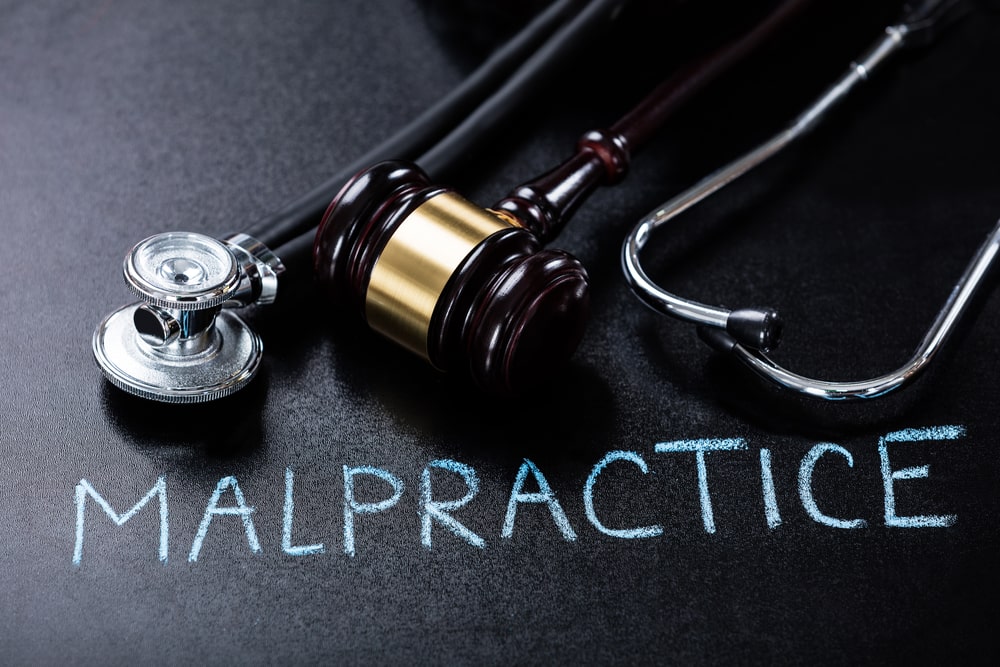Medical malpractice claims often arise from various situations, but one of the most frequent causes is misdiagnosis. Misdiagnoses can have severe consequences for patients, leading to incorrect treatment, delayed recovery, and in some cases, worsened conditions. It is important to shed light on the top misdiagnoses that frequently result in medical malpractice claims. This information can help individuals understand their rights and the steps they might need to take if they find themselves in such unfortunate circumstances.
Cancer Misdiagnosis
Cancer is one of the most critical illnesses where early detection is crucial for successful treatment. Unfortunately, cancer is also one of the most commonly misdiagnosed conditions. Misdiagnoses can occur when symptoms are mistaken for less severe illnesses, such as infections or benign growths. For instance, a patient presenting with a persistent cough might be diagnosed with bronchitis when, in reality, they have lung cancer. The delay in correct diagnosis can result in the cancer advancing to a more severe stage, significantly impacting the patient's prognosis and treatment options.
Heart Attack Misdiagnosis
Heart attacks are often misdiagnosed, particularly in women and younger individuals whose symptoms might not fit the classic profile. Symptoms such as fatigue, nausea, or back pain can be easily attributed to less serious conditions like indigestion or anxiety. This misdiagnosis can delay critical treatment, leading to increased damage to the heart muscle and higher mortality rates. Ensuring thorough examinations and considering all potential causes of symptoms can help mitigate the risk of misdiagnosing a heart attack.
Stroke Misdiagnosis
Strokes are another medical emergency that can be misdiagnosed, especially when symptoms are mild or atypical. Common symptoms like dizziness, confusion, or headaches might be attributed to migraines, ear infections, or even intoxication. Immediate and accurate diagnosis is vital for strokes, as timely intervention can prevent long-term disability or death. Misdiagnosis in this case can lead to severe and irreversible consequences for the patient, highlighting the importance of careful and comprehensive evaluation by healthcare professionals.
Infections Misdiagnosis
Infections, particularly severe ones like sepsis, can often be misdiagnosed. Symptoms such as fever, fatigue, and muscle aches can be mistaken for viral infections like the flu. In cases of sepsis, which is a life-threatening response to infection, delays in proper diagnosis and treatment can lead to rapid deterioration and potentially fatal outcomes. This makes it essential for healthcare providers to consider a wide range of possible diagnoses and conduct thorough investigations when symptoms are present.
Pulmonary Embolism Misdiagnosis
Pulmonary embolism, a condition where a blood clot travels to the lungs, is frequently misdiagnosed as less serious respiratory issues like pneumonia or asthma. Symptoms such as shortness of breath, chest pain, and coughing can overlap with many other conditions, making accurate diagnosis challenging. However, pulmonary embolism requires immediate medical attention, and any delay in diagnosis can have dire consequences. Comprehensive diagnostic procedures, including imaging tests, are crucial to avoid this dangerous misdiagnosis.
Legal Implications Of Misdiagnosis
Understanding the legal implications of a misdiagnosis is crucial for patients who have suffered harm due to medical errors. Misdiagnoses can lead to medical malpractice claims if it can be demonstrated that the healthcare provider failed to deliver the standard of care expected, resulting in harm to the patient. To establish a claim, it is typically necessary to show that the misdiagnosis directly caused injury or worsened the patient's condition. Consulting with a medical malpractice lawyer can guide whether a misdiagnosis may warrant a malpractice claim and what steps should be taken.
Steps To Take If You Suspect A Misdiagnosis
If you believe you or a loved one has been misdiagnosed, it is important to take immediate steps to protect your health and legal rights. Seek a second opinion from another healthcare provider to confirm the diagnosis and ensure proper treatment. Keep detailed records of all medical appointments, diagnoses, treatments, and communications with healthcare providers. This documentation can be crucial if you decide to pursue a medical malpractice claim. Consult with a legal professional who specializes in medical malpractice like the Law Offices of Ryan Quinn, PLLC to understand your options and the best course of action.
Misdiagnoses can have devastating effects on patients, leading to incorrect treatment and severe health outcomes. Recognizing the common conditions that are frequently misdiagnosed, such as cancer, heart attacks, strokes, infections, and pulmonary embolisms, is essential for both patients and healthcare providers. If you suspect a misdiagnosis, taking prompt action to seek a second opinion and consulting with a legal professional can help protect your health and legal rights. Understanding your rights and the steps to take can provide a path to recovery and justice in the face of medical errors.

